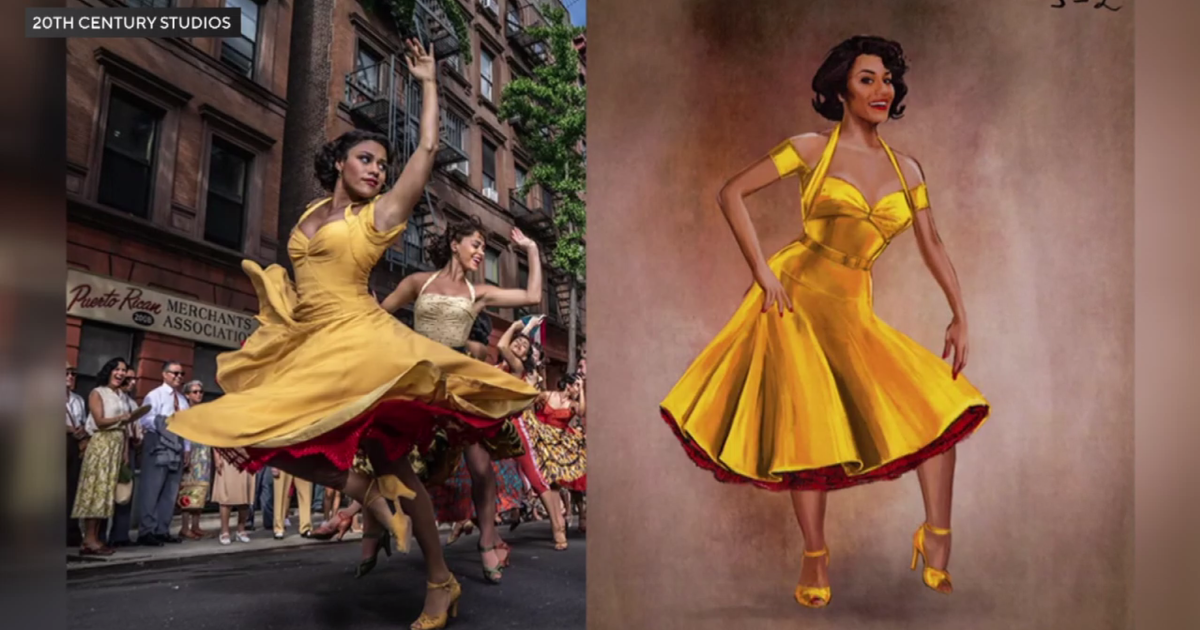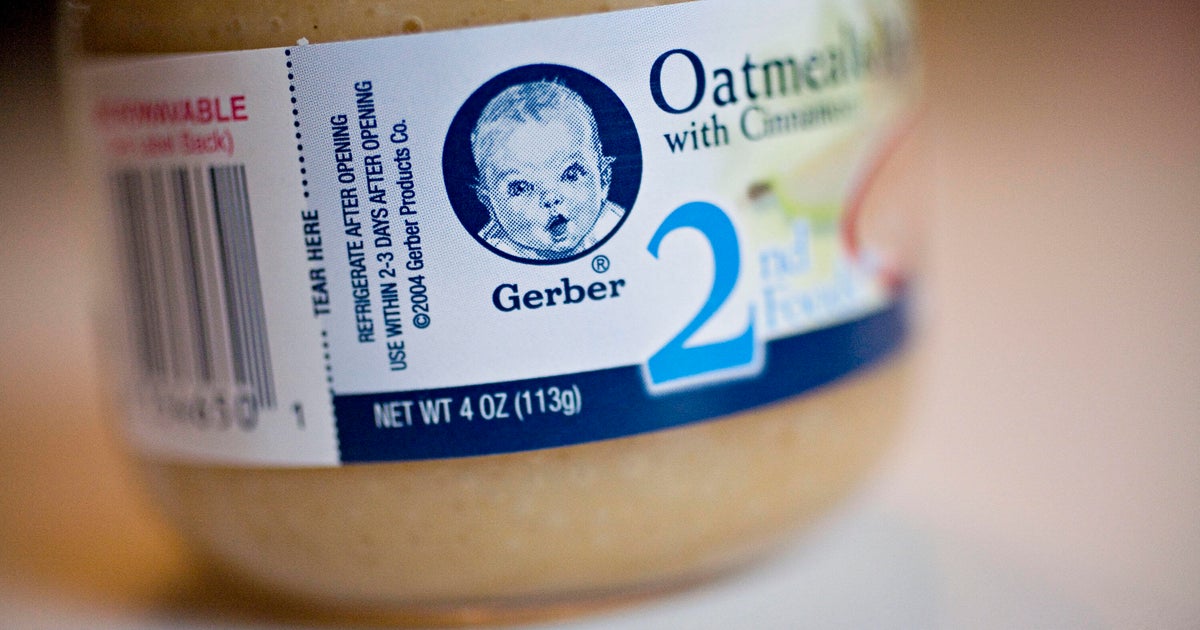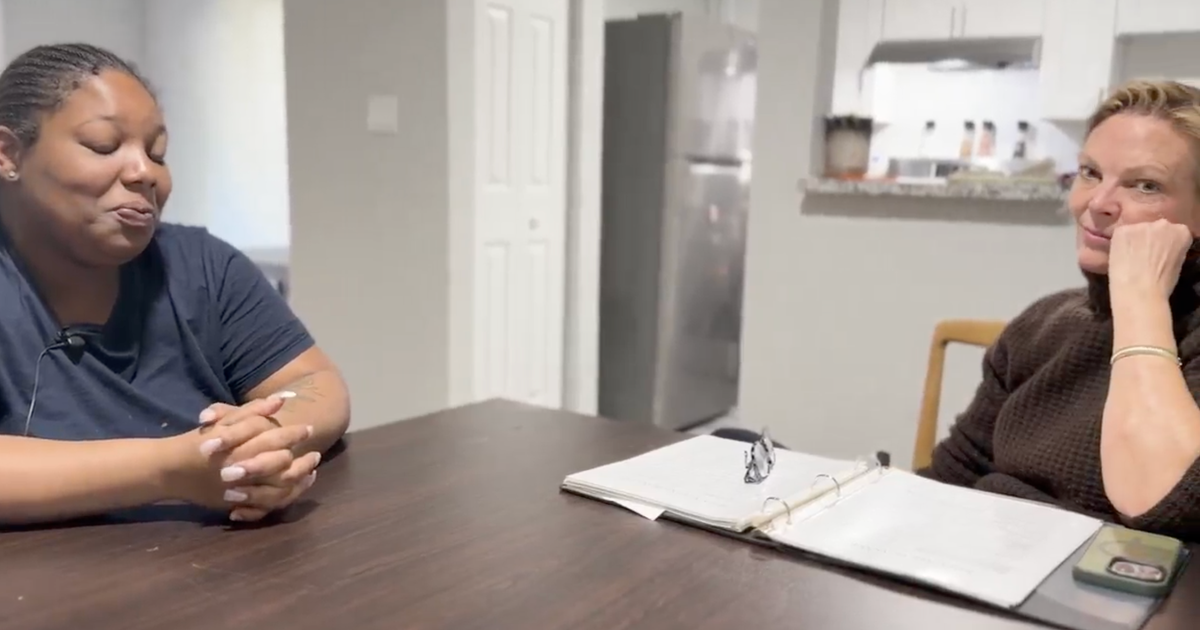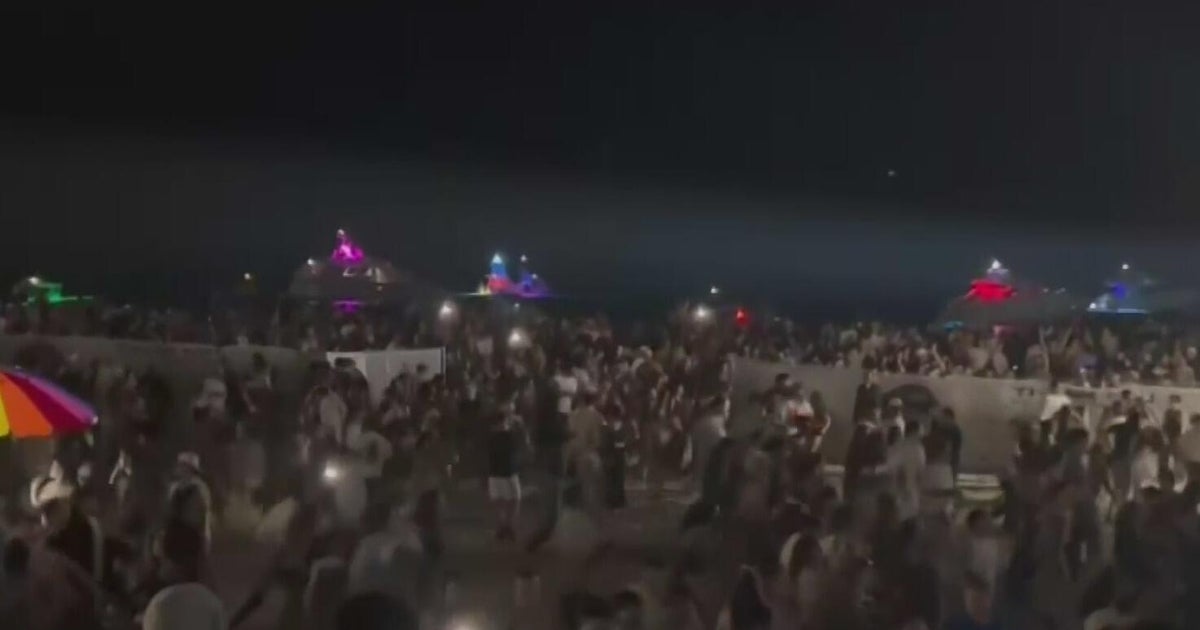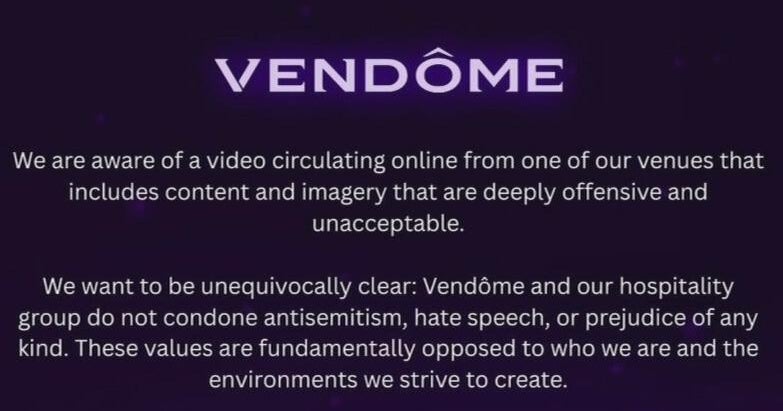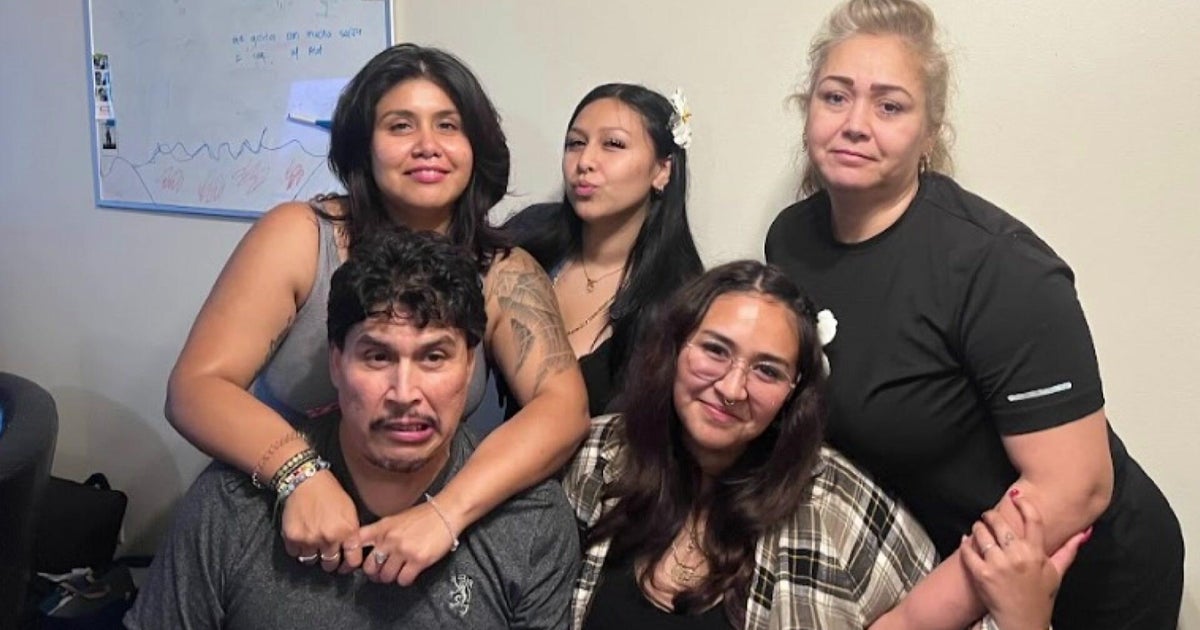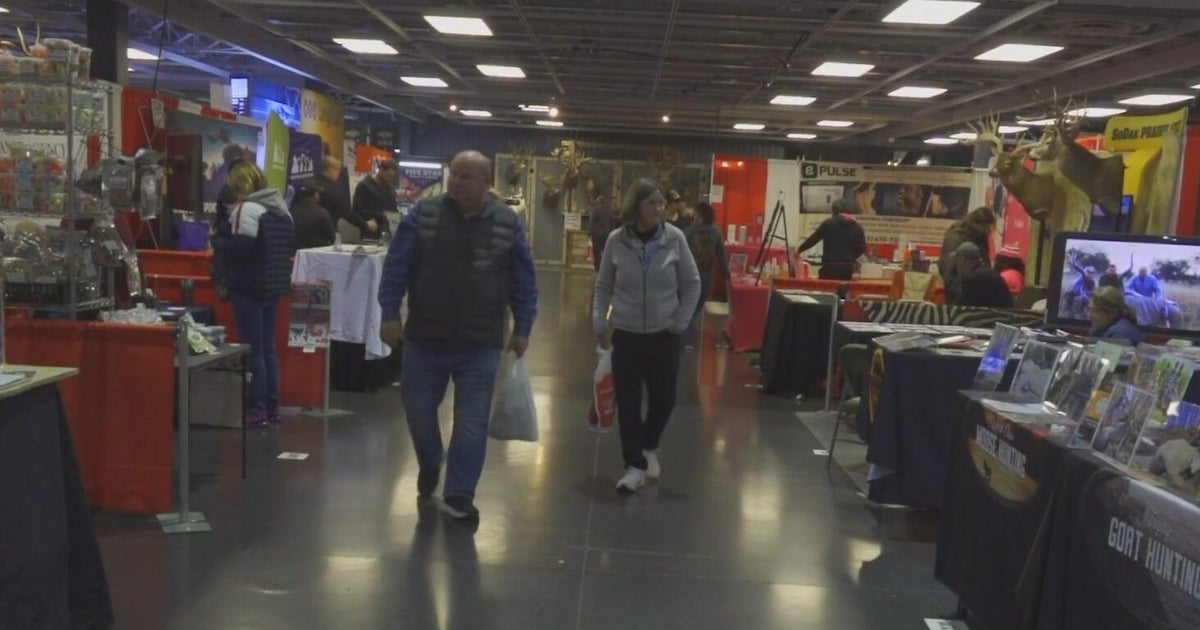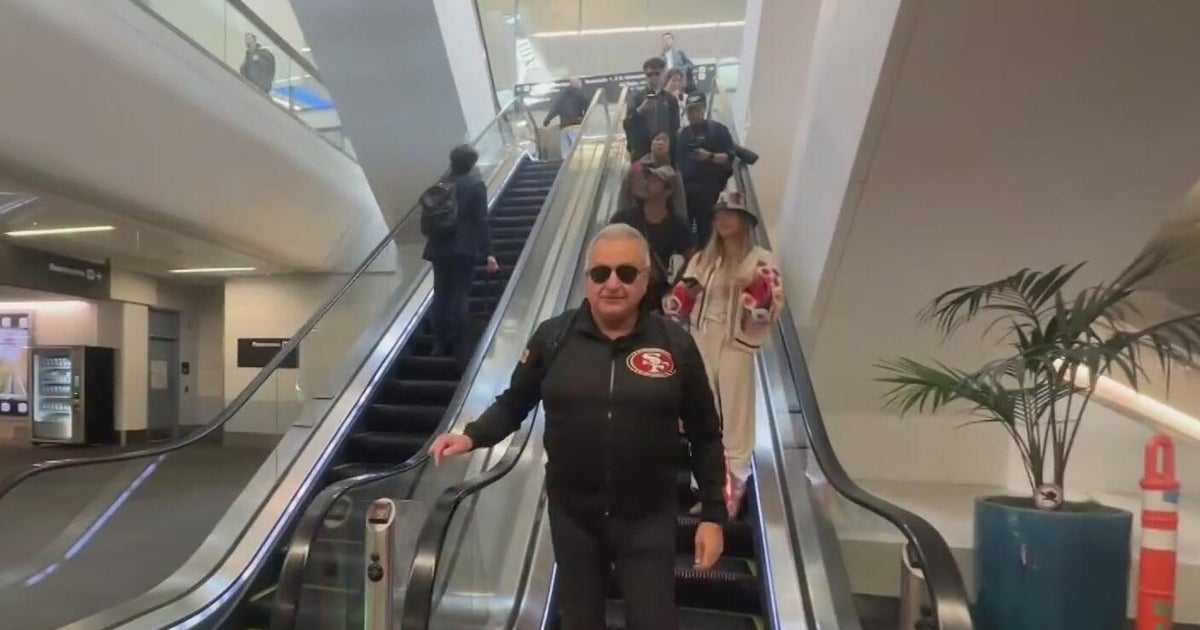Miami Proud: The American Museum Of The Cuban Diaspora Shares The History Of Those Who Left
MIAMI (CBSMiami) - The American Museum of the Cuban Diaspora opened its doors in 2016 in Miami, and shares the history and culture of the Cuban people who have left the country.
One of the most significant events in the story of Cuba is Operation Pedro Pan, the largest exodus of unaccompanied minors in the western hemisphere.
Carmen Valdivia is the museum's executive director and curator of the exhibit "Operation Pedro Pan: The Cuban Children's Exodus."
She is also a Pedro Pan. She gave CBS4 a tour of the museum and shared her personal story.
A large map taking over an entire wall illustrates the story of Operation Pedro Pan.
The covert airlift brought 14,000 children from Cuba to the United States, allowing them to escape communist indoctrination that their parents feared, in the early years of the Castro regime.
"The red dots are the places where the Pedro Pan children were sent all over the United States," Valdivia said.
Each child's name is written on this wall.
From 1960 to 1962 children as young as six years old arrived scared and without their parents who stayed behind in Cuba.
The operation involved the U.S. government and the Catholic Welfare Bureau, headed by Father, later Monsignor, Bryan Walsh.
Walsh directed the operation.
The exhibit contains artifacts, personal documents, and photos of many of the children including Valdivia, and her sister, who were preteens at the time. The exhibit was first shown at the History Miami Museum to commemorate the 60th anniversary of the event and to gather and display the stories as told by the Pedro Pans.
"In this museum, we have 110 quotes from different Pedro Pans on the ceiling, the walls, etc. Everything is Pedro Pans speaking here and, on the roof, speaking about how they feel."
Among them are Mike Bezos, father of Jeff Bezos; former Senator Mel Martinez; former president of Miami Dade College Eduardo Padron; and singers Willy Chirino and his wife Lissette Alvarez.
Hoping to reunite with their families soon, the program provided the children shelter, whether in foster care in one of 35 states, or camps here in South Florida.
"I spent three years in the camp," Valdivia shared. There was a camp for girls in Florida City and boys were in West Miami-Dade at Camp Matecumbe.
Her memories of that time are quite vivid today, she recalled having everything she needed but missing her parents terribly.
"Every night when we would put our head to the pillow, we would cry at the same time. That is why we would be so active in the day so we would forget our troubles of what our parents were going through."
Upstairs in the museum, is an exhibit on the Bay of Pigs invasion, with a map of the mission and faces of those lost in the 1961 failed attempt to topple the regime.
"We need to remind them of the price of freedom. Once you lose it, it's very hard to get it back," said Valdivia.
Freedom that Valdivia does not take for granted. the work done here is also an expression of deep gratitude.
"The reason that I do this exhibit is as an honor to our parents, their sacrifice is something that we can never repay."
